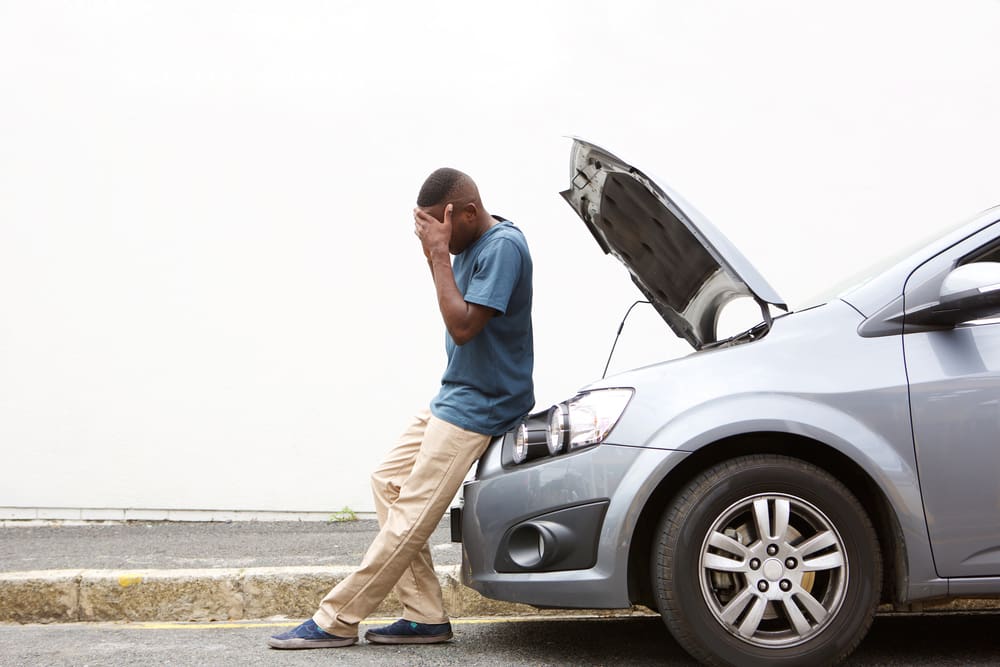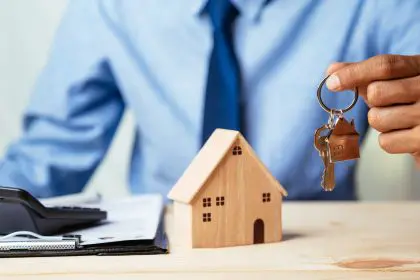Owning a car is often more than just a convenience; it’s a necessity for many. However, life can be unpredictable, and financial challenges such as car repossession can arise unexpectedly. If you’re currently in the market to buy a home and have faced a car repossession in the past, it’s crucial to understand how this may affect your ability to secure a mortgage.
A car repossession can have a significant impact on your credit score, which is a key factor lenders consider when evaluating mortgage applications. This can make it more difficult to qualify for a mortgage or result in less favorable loan terms.
Navigating the path to homeownership after a car repossession may seem daunting, but with the right strategies, it is possible to improve your chances of mortgage approval. Here are some tips to help you navigate this challenging situation and achieve your goal of buying a home.
Understanding the impact
When you apply for a mortgage, lenders will look at various factors to determine your eligibility. One of the key considerations is your credit history. A car repossession can significantly impact your credit score, making it harder to qualify for a mortgage. Lenders may see you as a high-risk borrower and may offer you less favorable loan terms.
Rebuilding your credit
If you’ve experienced a car repossession, it’s essential to work on rebuilding your credit before applying for a mortgage. Start by checking your credit report for any errors and disputing them if necessary. Then, focus on making timely payments on your remaining debts to show lenders that you’re a responsible borrower. Consider getting a secured credit card or a credit-builder loan to help rebuild your credit.
Saving for a larger down payment
A larger down payment can help offset the impact of a car repossession on your mortgage application. By saving up a sizable down payment, you can show lenders that you’re committed to the home purchase and reduce the amount of money you need to borrow. This can make you a more attractive borrower in the eyes of lenders.
Getting pre-approved
Before you start house hunting, consider getting pre-approved for a mortgage. This involves submitting your financial information to a lender who will then determine how much they’re willing to lend you. Pre-approval can give you a better idea of your budget and show sellers that you’re a serious buyer, which can be advantageous in a competitive housing market.
Working with a mortgage broker
Navigating the mortgage approval process can be challenging, especially if you have a car repossession on your record. Consider working with a mortgage broker who can help you understand your options and find lenders who are willing to work with borrowers in your situation. A mortgage broker can also help you find loan programs that you may qualify for, such as FHA loans, which have less stringent credit requirements.
While a car repossession can make buying a home more challenging, it’s not impossible. By understanding the impact of repossession on your credit, working on rebuilding your credit, saving for a larger down payment, getting pre-approved, and working with a mortgage broker, you can improve your chances of getting approved for a mortgage and buying the home of your dreams.
Remember, everyone’s financial situation is different, so it’s essential to consult with a financial advisor or mortgage professional to determine the best course of action for your specific circumstances.
Additional tips for mortgage approval after car repossession
– Establish a Stable Income: Lenders want to see that you have a stable source of income to repay the mortgage. If you’ve recently changed jobs, wait until you have at least two years of stable income before applying for a mortgage.
– Reduce Your Debt-to-Income Ratio: Lenders look at your debt-to-income ratio to determine if you can afford a mortgage. Paying off other debts can improve your ratio and make you a more attractive borrower.
– Consider a Co-Signer: If your credit is still recovering from a car repossession, consider asking a family member or friend with good credit to co-sign the mortgage. This can help you secure a loan with better terms.
– Be Prepared to Explain the Repossession: During the mortgage application process, be prepared to explain the circumstances that led to the car repossession. Lenders may be more understanding if the repossession was due to factors beyond your control, such as a job loss or medical emergency.
– Be Patient and Persistent: Rebuilding your credit and securing a mortgage after a car repossession can take time. Be patient and persistent in your efforts, and don’t be discouraged by setbacks. With time and effort, you can improve your credit and achieve your goal of buying a home.
This story was created using AI technology.

















